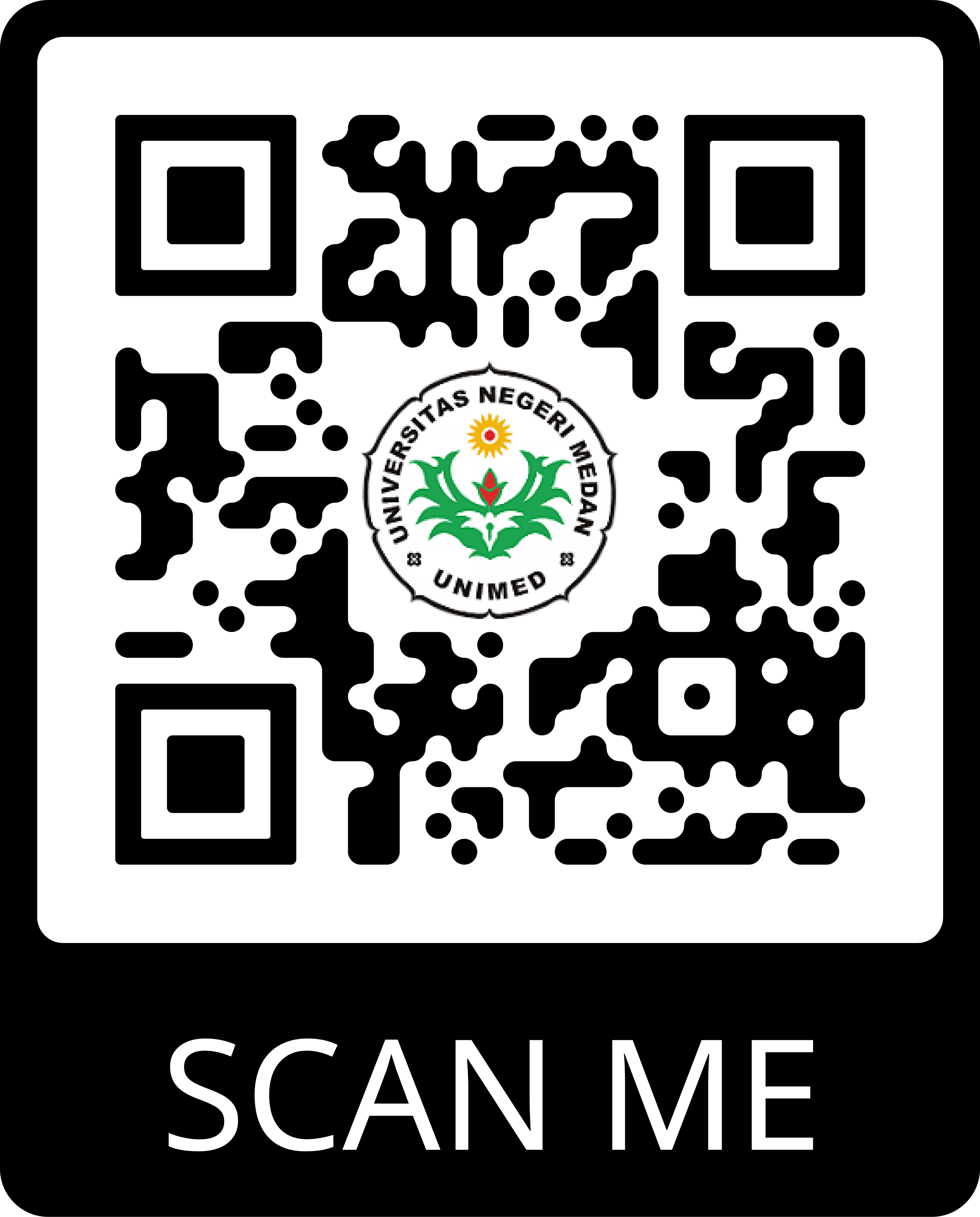ANALYZE THE KNOWLEDGE INQUIRY SCIENCE PHYSICS TEACHER CANDIDATES WITH ESSENCE INQUIRY SCIENCE TEST INSTRUMENT OPTIKA GEOMETRY
Abstract
Keywords
Full Text:
PDFReferences
Buty, C. & Mortimer, E.F. 2008. “Dialogic/ Authoritative Discourse and Modelling in a High School Teaching Sequence on Optics”. International Journal of Science Education. 30,(12), 1635-1660.Chandrasegaran, A. L., Treagust, D. F., & Mocerino, M. 2007. The development of a two-tier multiple-choice diagnostic instrument for evaluating secondary school students’ ability to describe and explain chemical reactions using multiple levels of representation”. Chemistry Education Research and Practice, 8, (3), 293-307. Caleon, I. and Subramaniam, R. 2010. Development and Application of a ThreeTier Diagnostic Test to Assess Secondary Students’ Understanding of Waves. International Journal of Science Education Vol. 32, No. 7, 939-961. Chang. et al. 2007. Investigating primary and secondary students’ learning of Physics concepts in Taiwan. International Journal of Science Education, 29, (4),465-482. Dindar, A.C. & Geban, O. 2011. Development of a three-tier test to assess high school students’ understanding of acids and bases. Procedia Social and Behavioral Sciences 15 (2011) 600-604. Galili, I. & Hazan, A. 2000. Learners’ knowledgee in optics: interpretation, structure
and analysis. International Journal of Science Education, VOL. 22, NO.1, 57-88. Hasan, S., et al. 1999. Misconceptions and the Certainty of Response Index (CRI). IOP science. Phys. Edu. 34.294. National Research Council. 2000. Inquiry and the National Science Education Standards: a guide for teaching and learning. Washington D.C: the National Academy Press. Parker, J. 2006. “Exploring the impact of varying degrees of cognitive conflict in the generation of both subject and pedagogical knowledge as primary trainee teachers learn about shadow formation. International Journal of Science Education 28, (13), 1545-1577. Tan et al, 2005. The ionization energy diagnostic instrument: a two-tier multiplechoice instrument to determine high school students’ understanding of ionization energy. Chemistry Education Research and Practice, 6 (4), 180-197.
DOI: https://doi.org/10.22611/jpf.v2i1.4338
Article Metrics
Abstract view : 497 timesPDF - 382 times
Refbacks
- There are currently no refbacks.
Copyright (c) 2013 Jurnal Pendidikan Fisika

This work is licensed under a Creative Commons Attribution 4.0 International License.
___________________________________________________________________________________________________________________________________________
Jurnal Pendidikan Fisika
p-ISSN : 2252-732X | e-ISSN : 2301-7651
Organized by The Magister of Physics Education Departement in State University of Medan in collaboration with Physical Society of Indonesia (PSI)
W: https://jurnal.unimed.ac.id/2012/index.php/jpf/index
E : jpfunimed@unimed.ac.id
rajo.hasim@gmail.com (principal contact)

_____________________________________________________________________________________________________________________________________________

This work is licensed under a Creative Commons Attribution-NonCommercial 4.0 International License.





